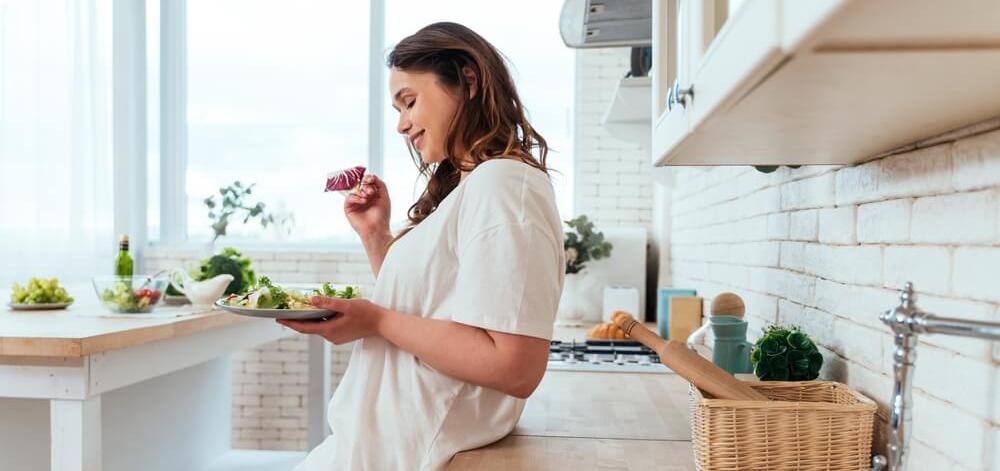6 People Share How They Adapted to Change While on GLP-1
When you start taking GLP-1 medications, you may feel overwhelmed by what’s about to change in your life. This can mean diet modifications, a new exercise routine, and other tweaks that are part of your treatment plan. You might also notice significant shifts in your relationship to food, daily habits, and priorities.
Some changes are hard — others are welcome. Here, people taking GLP-1 medications share the most significant ways their lives changed when they started treatment, plus how they successfully adjusted to their new realities.
Eating Less Food, More Slowly
“I had to understand that I couldn’t eat big portions, or I would get nauseous. Sometimes it’s only two to three bites into the meal and I already feel full. Eating out, I choose something easier to eat as leftovers and nibble on it at the restaurant. I eat some, put the fork down, and try again in a few minutes. I don’t force it.” —Cynthia M.
Putting More Emphasis on Protein
“I have to really focus on getting as much protein as I can, so I don’t lose muscle. That was a struggle in the beginning, but now it’s just part of the routine! I eat high-protein meals and drink protein coffee and milk to ensure I hit my protein goals.” —Carey T.
Learning to Accept Help
“Some days, I had to push through nausea. I learned to accept help. I’m happy to have a loving, supportive husband. If I had a morning where I wasn’t feeling all that well, he would take charge with the kids, so I could take a nap or rest a little.” —Niki A.
Getting Into an Exercise Routine
“Getting myself back to the gym 10 months postpartum was the hardest part for me. My husband and I had really fallen out of our workout and self-care routines at that point, and just getting ourselves organized with the kids was challenging. Weekly classes at my gym kept me accountable. I love Zumba — it feels like a fun dance party!” —Alex S.
Adopting More Self-Trust
“Because I’m in recovery from binge eating disorder, my biggest challenge was trusting my brain and that I knew how to control my portions. I now stop when I’m full. I can have just one cookie and stop eating. I wasn’t able to do any of these things before, and this has been the most magical change for me.” —Melanie R.
Gaining Self-Compassion
“For me, the biggest shift was mental. I had to let go of the mindset I’d carried for years that if I had more self-control, I wouldn’t need help. What I realized — and what completely changed everything for me — is that obesity is a chronic, complex disease. It’s not about willpower. I deserve treatment and support, not shame.” —Stephanie S.
Want to Read More?
Access all of Dario Connect’s content, community, and experts for free!
Already a member? Login
Want to Read More?
Access all of Dario Connect’s content, community, and experts for free!
sign UP For FreeAlready a member? Login


